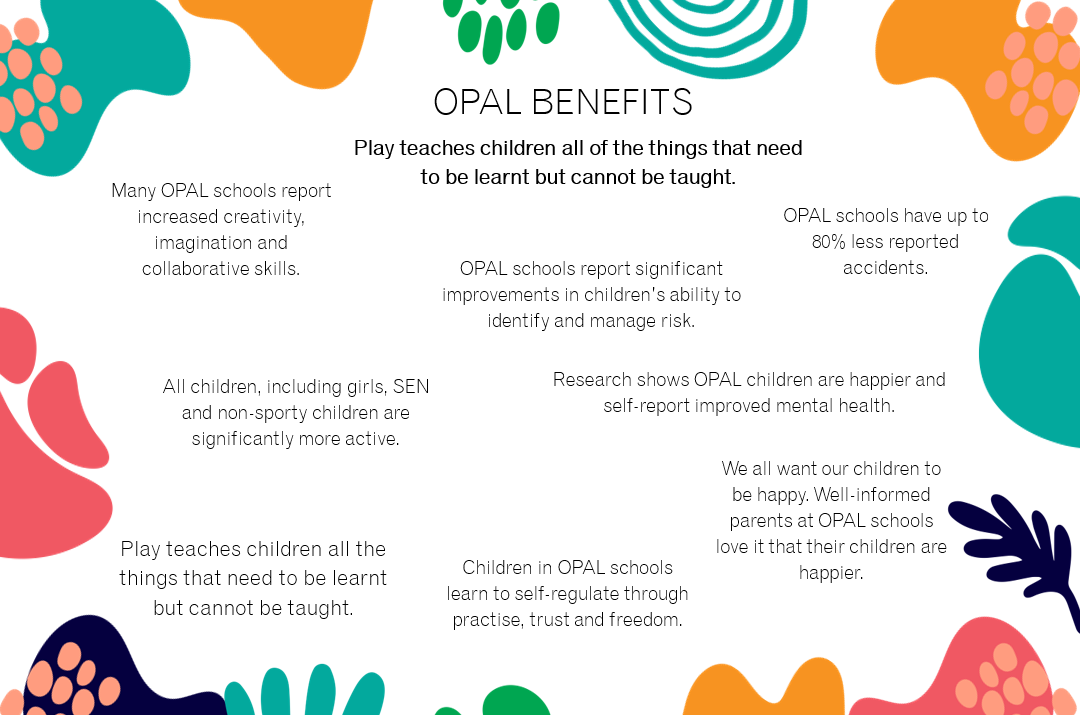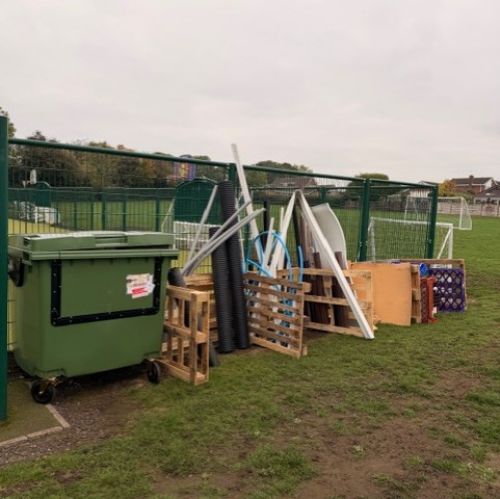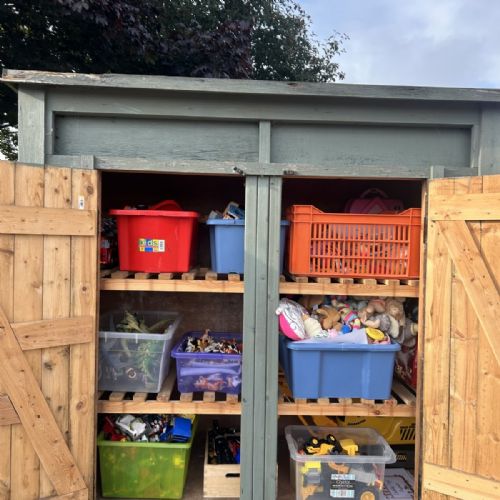OPAL
What is OPAL and why do we love it at St Andrew's?
At St Andrew’s, we believe that play is an essential part of every child’s development and wellbeing. That’s why we have chosen to adopt the OPAL (Outdoor Play and Learning) Primary Programme – an award-winning, school improvement initiative that helps schools transform the quality of play for all children.
The OPAL approach is based on the understanding that play is not just a break from learning, but a key part of how children learn and grow. It supports creativity, social skills, problem-solving, physical activity, and emotional resilience – all while making playtimes more fun, inclusive, and engaging.
Through OPAL, we are working to create more diverse and stimulating outdoor play opportunities that reflect children's natural curiosity and need for exploration. This includes access to a wider range of materials and environments that encourage imaginative, active, and cooperative play – from loose parts and water play, to quiet areas and nature-based zones.
We’ve chosen to implement OPAL at St Andrew’s because it aligns with our commitment to developing confident, happy, and well-rounded learners. By improving playtimes, we are not only enhancing children’s enjoyment of school, but also supporting their behaviour, focus, relationships, and overall mental health.
Our vision is for every child at St Andrew’s to experience high-quality, meaningful play – every single day.
Benefit and Risk
‘Play is great for children’s well-being and development. When planning and providing play opportunities, the goal is not to eliminate risk, but to weigh up the risks and benefits. No child will learn about risk if they are wrapped in cotton wool’ Managing Risk in Play Provision: Implementation guide is published for Play England2012. The school will use the Health and Safety Executive guidance document ‘Children’s Play and Leisure – Promoting a Balanced Approach’ (September 2012) as the principle value statement informing its approach to managing risk in play.
It will adopt a benefits/risk approach as detailed in ‘Managing Risk in Play Provision’ Implementation Guide. Managing Risk in Play Provision Risk-taking is an essential feature of play provision, and of all environments in which children and young people legitimately spend time at play. Play provision aims to offer children and young people the chance to encounter acceptable risks as part of a stimulating, challenging and controlled learning environment.
In the words of the play sector publication Best Play, play provision should aim to ‘manage the balance between the need to offer risk and the need to keep children and young people safe from harm’.
In addition to standard risk/benefit assessments, the school will practice dynamic risk management with children, encouraging them to identify and manage risks in an environment where adults are present to support them.
The children will take part in regular Opal Play assemblies in which the children will identify potential risks with new equipment and resources being introduced to the outdoor learning environment.






